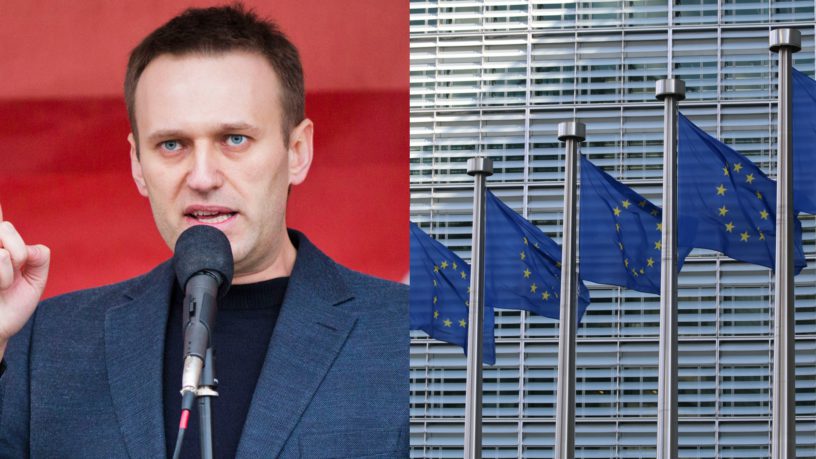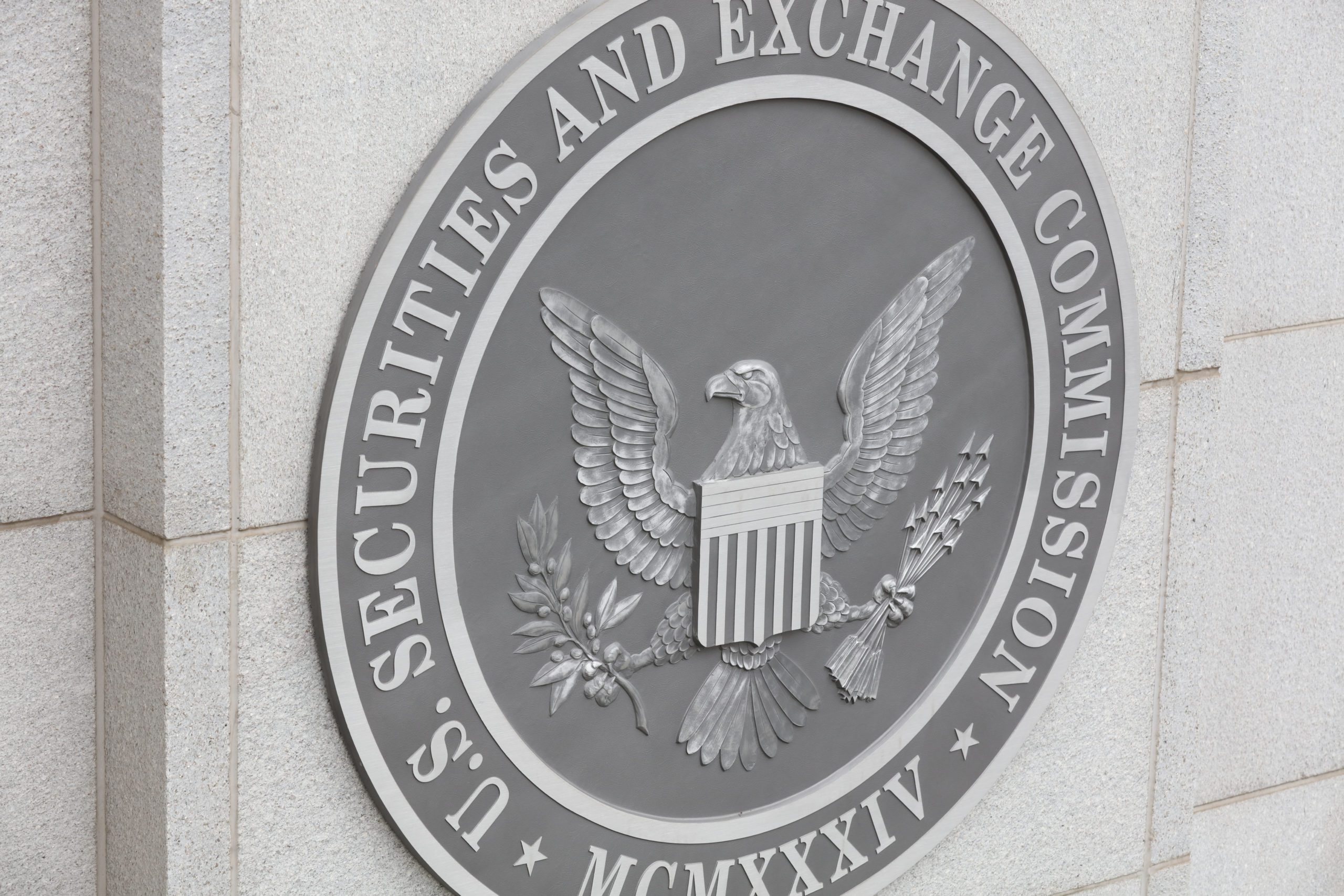By Dan Byrne for AMLi
EU LEADERS have signalled their approval for a sweeping new sanctions regime to target suspected human rights abusers.
The new rules will allow for freezing of assets and strict travel bans. They will resemble the provision of a 2012 US law passed in response to perceived corruption at senior government levels in Russia.
Debate began Monday on what names will feature on the new sanctions list when it is operational, EUobserver reports.
Speaking at European Parliament foreign affairs committee session Friday, Russian politician and anti-corruption campaigner Alexei Navalny affirmed his support for the law and issued a stark warning to EU leaders about the bluntness of sanctions thus far.
So long as Russian oligarchs suspected of corruption are still able to access the EU market and network, “no-one in Russia or in the Kremlin will treat European sanctions seriously. They just think they are playing the EU,” he said.
Navalny was hospitalised earlier this year after being poisoned – a move that the EU considered to have had at least some involvement from Russian officials. The EU applied sanctions on suspects in October and was swiftly met with retaliatory sanctions from Moscow.
As tensions between the EU and Russia intensify over allegations of corruption, financial crime and human rights abuses, Navalny called for the EU to adopt a two-lens approach for the strained relationship.
“Russian people must be welcomed and treated very warmly from the EU from my perspective,” he said. “And the Russian state must be treated like a bunch of criminals.”
He spoke as EU leaders agreed to adopt a sanctions regime that closely mirrors the American Magnitsky Act – a law passed in 2012 and named after deceased Russian Tax Lawyer Sergei Magnitsky.
Magnitsky died in a Russian jail having been held without trial for eleven months.
He was arrested after extensively reporting on alleged Russian financial corruption and links between the Russian government and mafia, which he uncovered while working with investment firm Hermitage Capital Management.
The Magnitsky Act authorises the US government to impose asset freezes and travel bans on anyone perceived as abusing human rights.
The EU version of this law, which was agreed by EU foreign policy experts Thursday, is due to be signed off on 10th December – Human Rights Day.
A leaked copy obtained by the Guardian says that the law “establishes a framework for targeted restrictive measures to address serious human rights violations and abuses worldwide.”
With the debate now turning to who will feature on the sanctions list, businessman and political activist Bill Browder has cautioned that internal EU divisions may affect its usefulness.
“It seems that Putin’s Trojan Horse – Hungarian PM Victor Orban – is already hard at work trying to make sure that no Russian show up on that list,” he tweeted Monday.
Mr Browder is the CEO and founder of Hermitage Capital Management, and a colleague of Sergei Magnitsky before his death. He has long spoken of widespread corruption in Russia and is now a wanted man there.
Share this on:
Follow us on:











